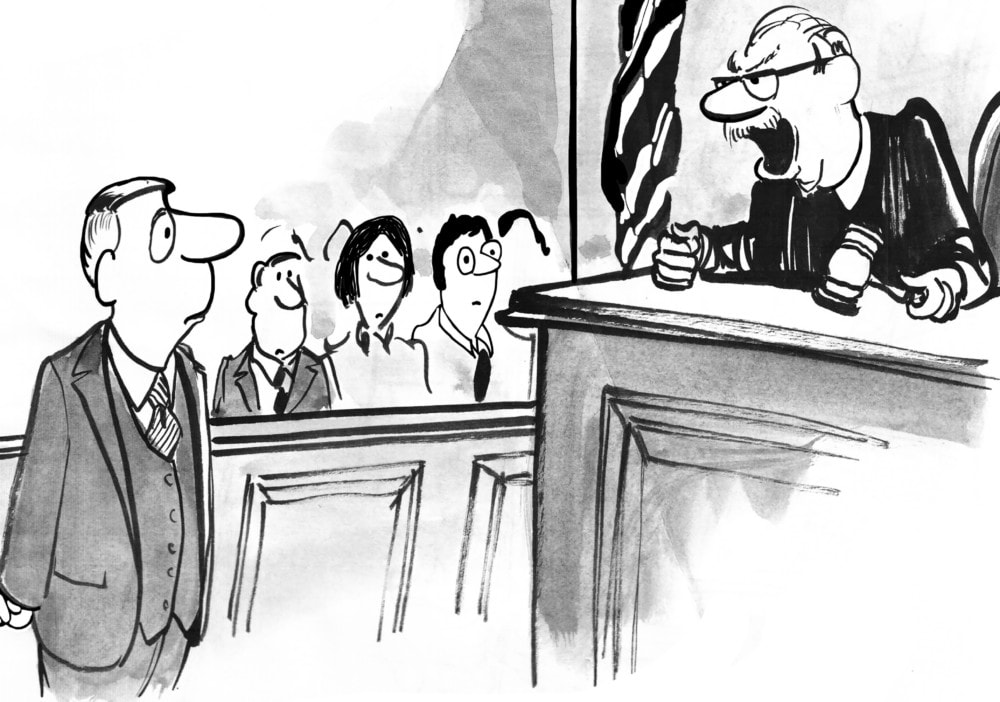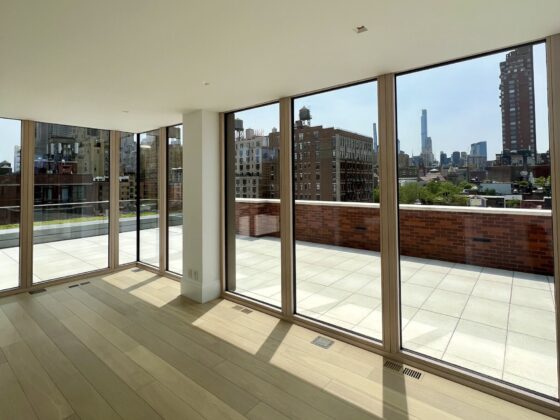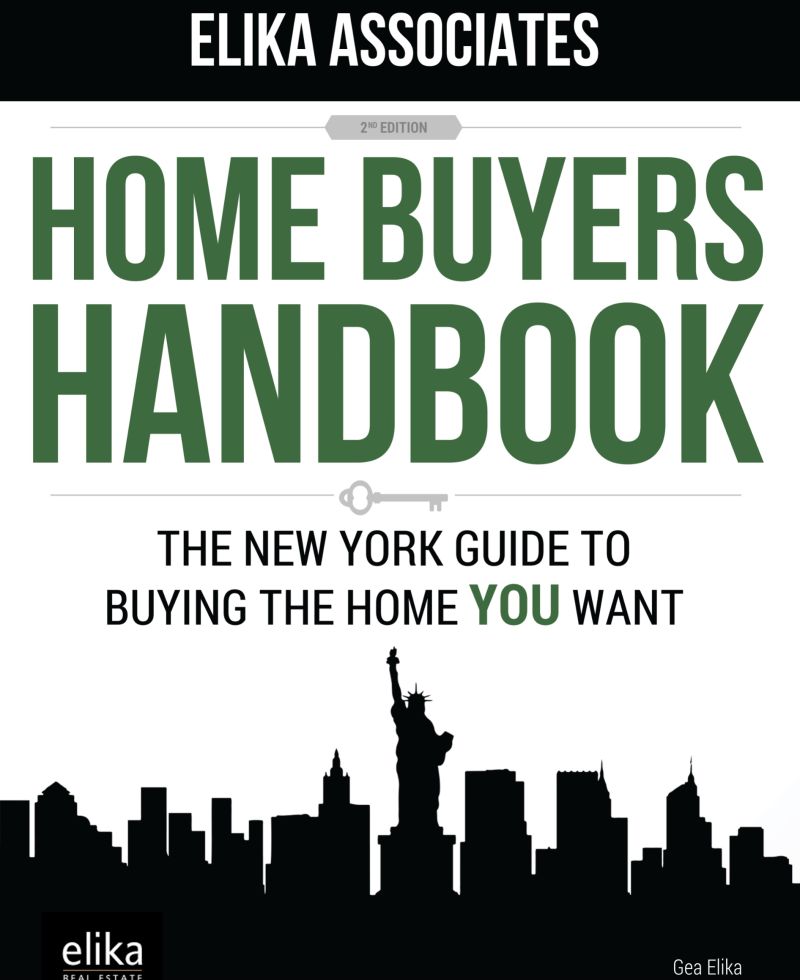Table of Contents Show
Home purchases are often the most expensive transaction a person can make. With so much money on the line, it’s natural for real estate legal disputes to arise between buyers and sellers. Most problems are just simple misunderstandings that can be, worked out quickly; others can lead to excessively long and costly litigation. It is why almost all purchase contracts will include mediation and arbitration clauses. They allow for a natural (and more affordable) alternative to taking things to court.
Whether you’re looking to buy or sell, you must understand what the law says and your options. Here we explain what you need to know about legal disputes in real estate transactions. What causes them, how to avoid them, and, failing that, how to resolve them.
DISCLAIMER: This article does not represent any form of legal advice. Please consult with your attorney.DISCLAIMER: This article does not represent any form of legal advice. Please consult with your attorney.
What Causes Legal Property Disputes?What Causes Legal Property Disputes?
Regarding legal disputes between buyers and sellers, the cause usually boils down to three reasons. Those are:
1. Breach of Contract1. Breach of Contract
A purchase and sales agreement is a legally binding contract. If parties in the contract fail to deliver their obligations as outlined or try to back out of the deal without reason, they can be found in breach of the contract. If this were to go to court, the wronged party (the plaintiff) must prove they have fulfilled their contractual obligations while the other party (the defendant) has not.
2. Failure to Disclose Property Defects2. Failure to Disclose Property Defects
New York Law requires sellers to provide buyers with a property disclosure form before signing the contract. It will outline all known defects in the property. If, after the closing, the buyers discover any issues that were not; mentioned in the disclosure form, then the sellers can be liable for damages. However, this will mean proving; that the seller knew about the defect and did something to prevent the buyer from knowing it.
Sellers also can give buyers a $500 credit at closing instead of a disclosure statement. In most cases like this, New York law follows the rule of “caveat emptor” or buyer beware, meaning it is on the buyer to find any defects. Also, specific homes, such as new constructions or co-ops, are exempt from state disclosure laws in New York.
3. Faulty Repairs3. Faulty Repairs
It’s common for sellers to ask for repairs to be, made before the deal can be, finalized. However, it sometimes transpires that the repairs; were not performed as requested or were poorly done. In such cases, the documents and correspondence between the parties can help determine the available solutions.
Tips on Avoiding a Legal DisputeTips on Avoiding a Legal Dispute
To begin with, avoiding potential problems is always the best course of action. Follow these tips to give yourself the best protection against any potential issues that could lead to litigation:
- Have your attorney review the contract – The more tightly constructed your purchase contract is, the less room there is for problems. Have your attorney review the proposed sale agreement before you sign, whether you’re the seller or buyer. Since you need a real estate attorney to close a deal in New York, this won’t mean much extra work.
- Include contingencies – Buyers and sellers should have the appropriate mortgage contingencies to protect themselves should anything go wrong. You’ll already have an established protocol for resolving any issues.
- Include mediation and arbitration clauses – Along with contingencies, the contract should include mediation and Arbitration clauses to help resolve any disputes (more on that below).
- Get a home inspection – Since buyers beware of New York, it’s entirely on the buyers to determine a property’s state before finalizing the contract. Hire an independent inspector to assess the property and report any issues accurately. If they raise a red flag about any area and offer a more detailed inspection for an extra cost, you should accept that offer.
How Can You Resolve Real Estate Disputes?How Can You Resolve Real Estate Disputes?
The word ‘lawsuit’ begins to rear its ugly head. No one ever likes a lawsuit. They can be expensive and heated affairs that exhaust the finances and patience of both parties. Sometimes, a problem arises despite everyone’s best efforts, and negotiations break down.
Fortunately, there are alternatives to litigation. Part of a system known as alternative dispute resolution (ADR); has become a standard in resolving disputes between buyers and sellers. It is where those mediation and arbitration clauses mentioned earlier make an appearance. They offer a way to resolve conflicts in a corporative manner without involving courts and costly lawyer fees.
First Alternative – MediationFirst Alternative – Mediation
The first phase of resolving any dispute is mediation. It’s a relatively informal dispute resolution process outside the court system. It works by having a neutral third party (a mediator) facilitate negotiations between both parties to help them find a mutually acceptable resolution. It creates a non-confrontational atmosphere, which the mediator further helps, trained to create space for negotiation and find solutions. The whole process is entirely voluntary, confidential, and non-binding. Either party can walk out at any time, and no decisions are legally binding if both parties don’t agree.
The New York City Bar Association clarifies that the mediator does NOT represent either party. No attorney-client relationship or privilege exists between the mediator and the parties. The mediator’s job is to act as a neutral third party and help the parties resolve their dispute. If you’ve already reached this stage, there must be tension with the other party. The mediator can help ease this tension by conducting the mediation in separate rooms for each party. They go back and forth between each one to transmit messages and help them find a mutually acceptable compromise. If a solution is reachable, it will be put in writing and signed to enforce it later.
Successful MediationSuccessful Mediation
What makes mediation so successful is that it’s non-confrontational by nature. Both parties also assure that giving it a try won’t come back to haunt them if things eventually move to litigation. All documents and verbal information that one party discloses to the mediator are entirely confidential and cannot be divulged by the mediator to the other party unless authorized. Nor can it be exposed to a third party unless compelled by a court order. Also, the mediator cannot be subpoenaed by either party to provide documents or reveal the nature or content of anything discussed during mediation.
While mediation is cheaper than litigation (about 85% less expensive, by some estimates), it’s not free. How much it costs will depend on the mediator; how long it takes to reach a legal solution. You may be, charged an hourly rate or a flat fee, plus an initial filing or processing fee. Both parties will usually agree to divide this cost between them.
Second Alternative – ArbitrationSecond Alternative – Arbitration
If you can reach no solution, the next step depends on the severity of the situation and the parties’ attitudes. One side could sue the other and start moving towards litigation. Or, if both parties agree to it, they can try arbitration.
Arbitration is a bit like litigation in that it’s an adversarial process. Both parties submit statements and documents to a neutral third party (the arbitrator) and attorneys. The arbitrator serves as both judge and jury, who then decide after hearing both parties. Arbitrations can be both binding and non-binding. When non-binding, the choice is advisory and only becomes final if both parties agree. The court may review the arbitrator’s final decision when they’re binding.
Final ThoughtsFinal Thoughts
Legal disputes can be messy and downright destructive if allowed to lead to litigation. Any reasonable person would want to avoid that, so mediation and arbitration are the best alternatives. However, to work, they must be agreed to by both parties. It is especially so for arbitration, which can usually only be entered if both parties agree.
The non-confrontational approach to mediation is usually the best alternative. Even if it doesn’t resolve the dispute, it can still be an effective way for both parties to express their feelings and get a clearer picture of the area of conflict, allowing future proceedings to be smoother and more efficient. As most attorneys will tell you, why litigate when you can mitigate?








